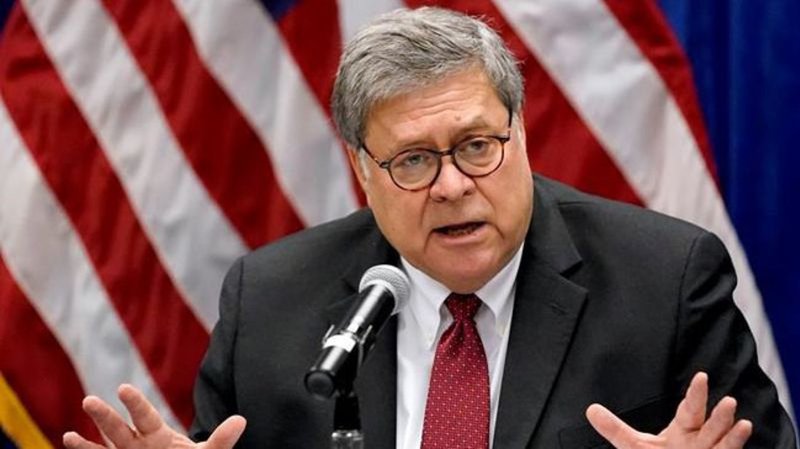
Nunavut lockdown ending and U.K. to use COVID-19 vaccine: In The News for Dec. 2
In The News is a roundup of stories from The Canadian Press designed to kick-start your day. Here is what’s on the radar of our editors for the morning of Dec. 2 …
What we are watching in Canada …
The Manitoba government has signed a pay agreement that will allow nurses to be shifted to priority areas in the fight against COVID-19.
It says the agreement with the Manitoba Nurses Union will allow nurses to be redeployed in personal care homes, intensive care units and designated COVID-19 units.


